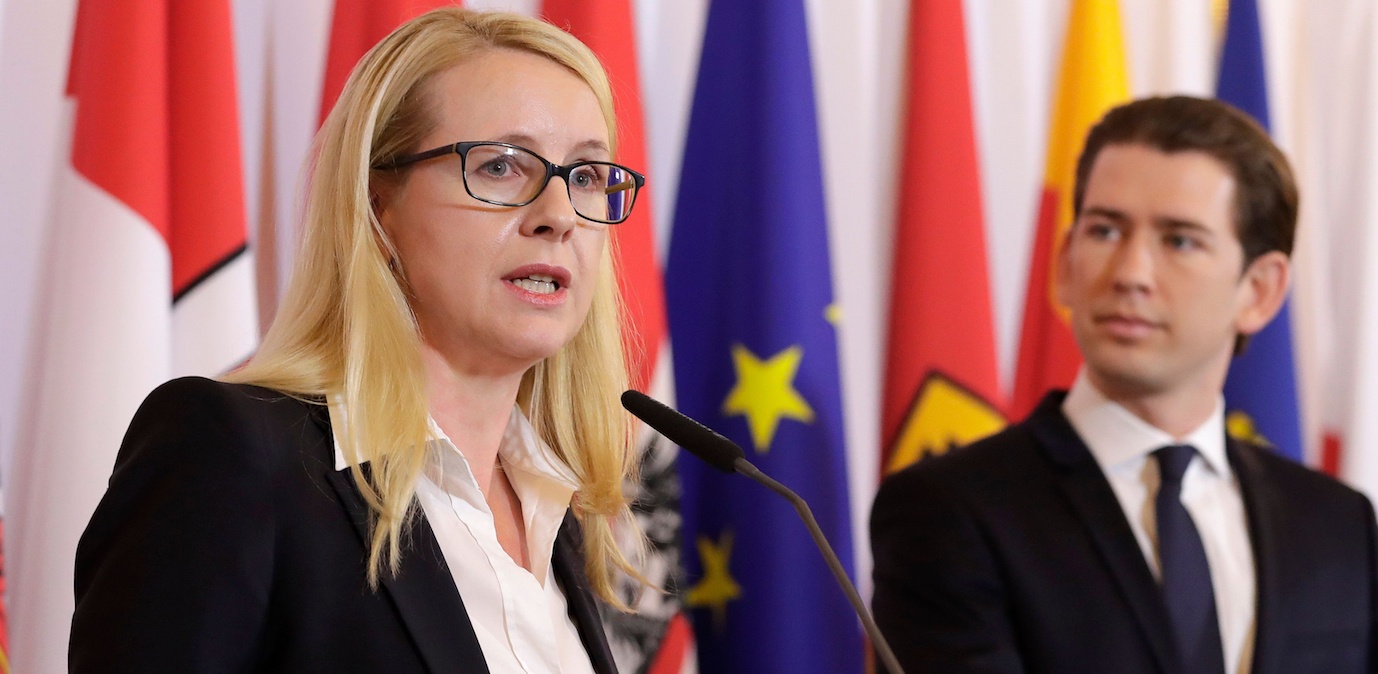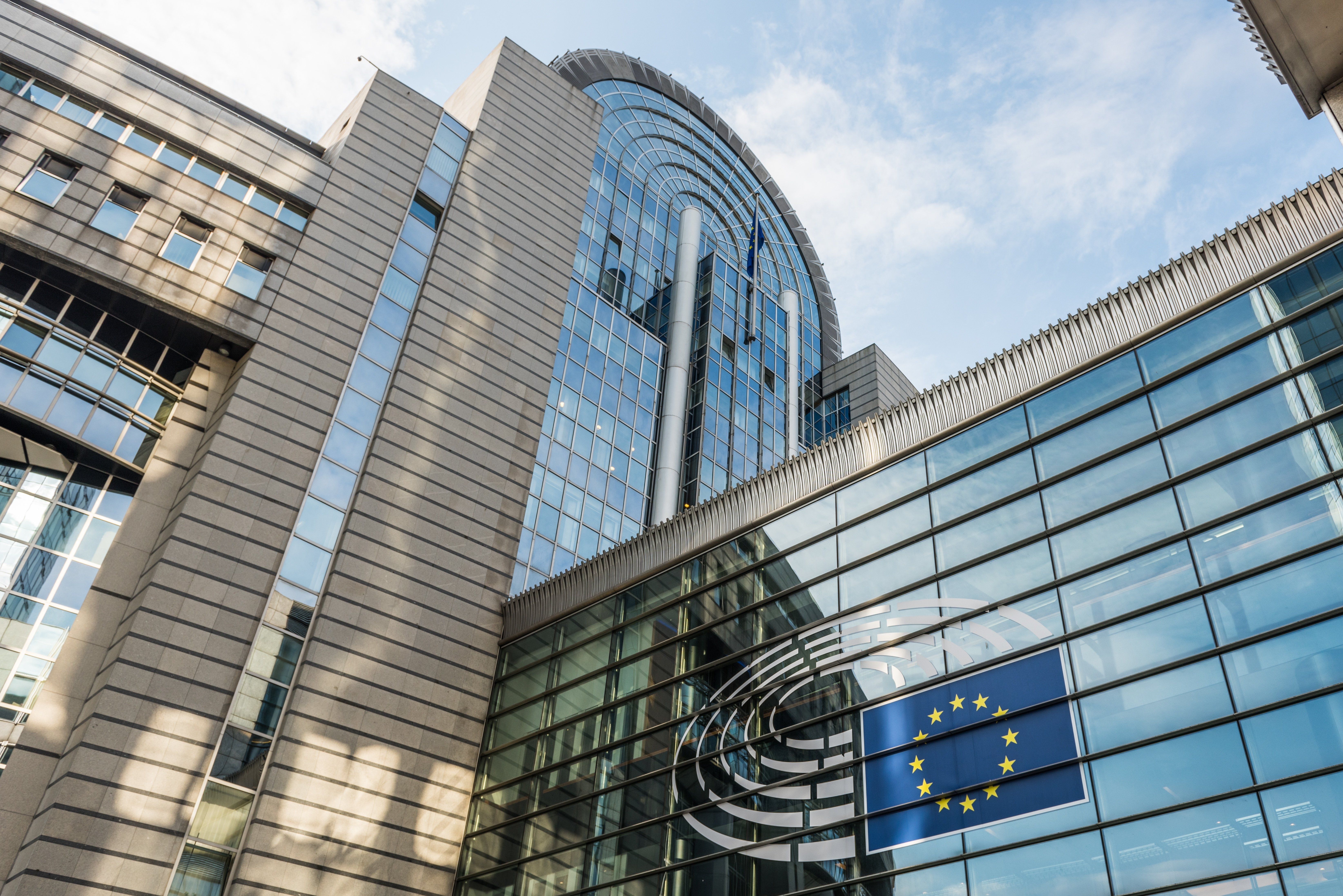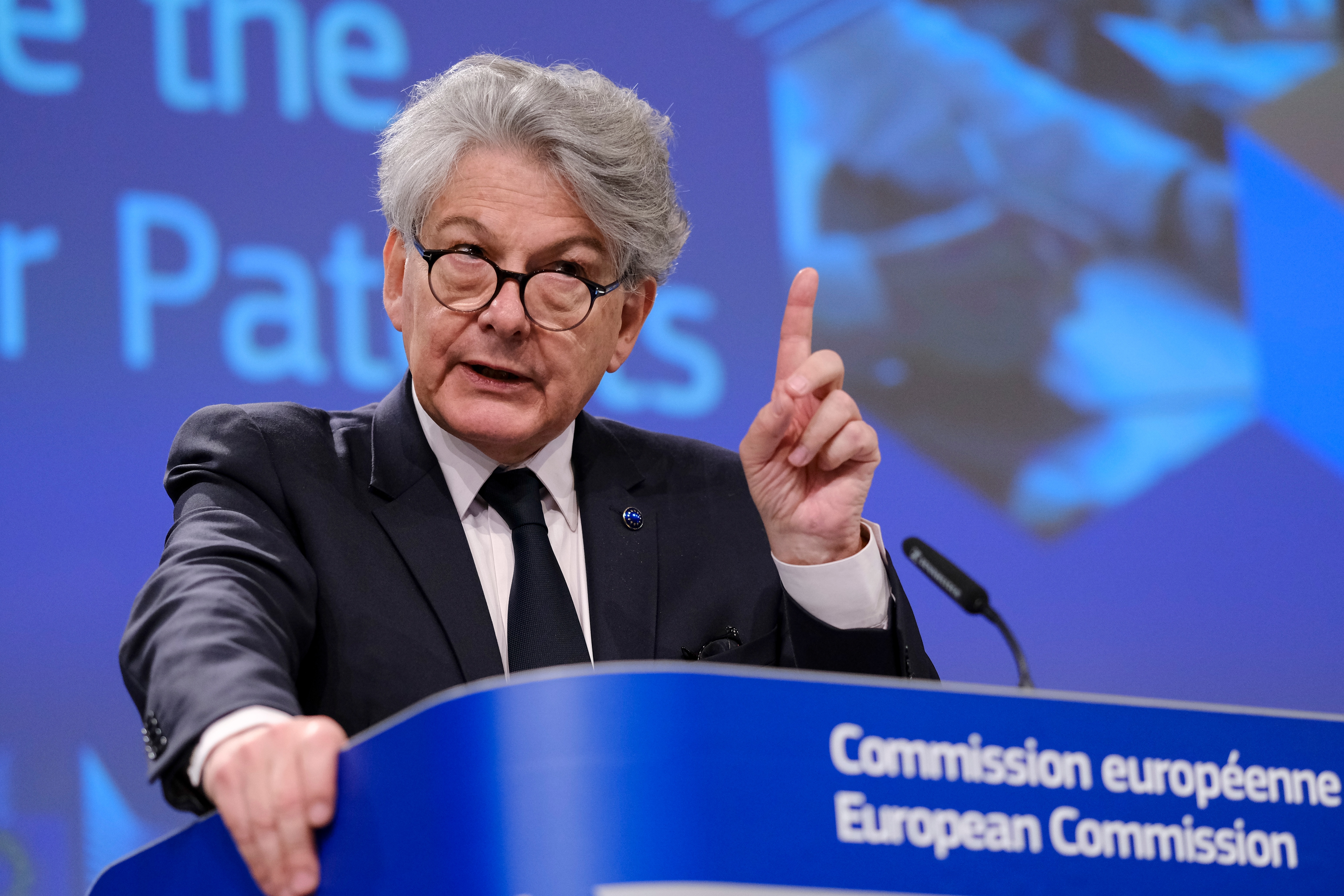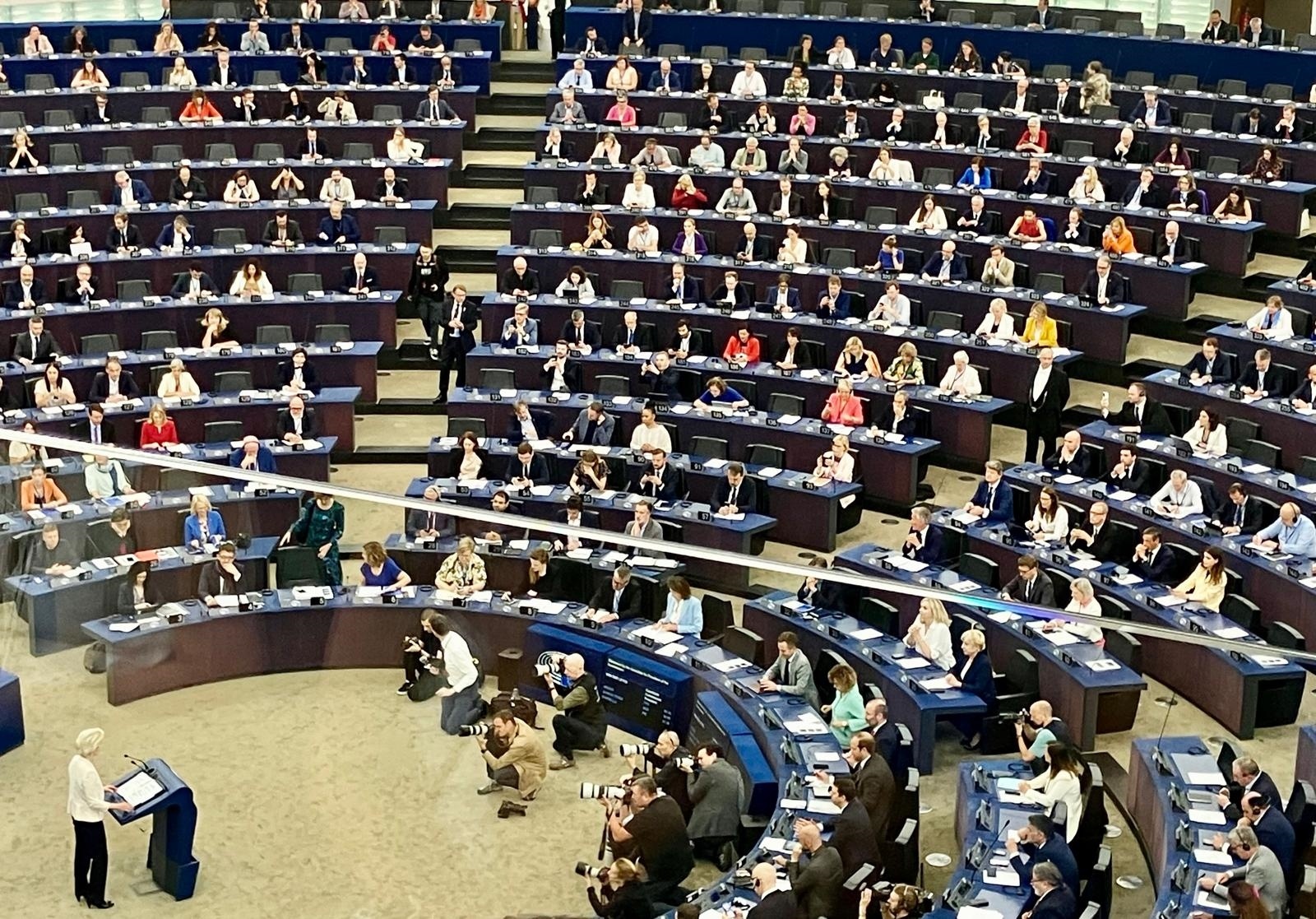Digital agenda vs populist revolt: which call will Austria answer?
by Inline Policy on 05 Jun 2018
The world’s youngest leader, Austrian Chancellor Sebastian Kurz, will take the helm of the Council of the EU in July and the headlines will be dominated by his plans to toughen EU immigration policy. Behind the scenes Austria’s Digital Minister, Margarete Schramböck, will be pushing ahead towards agreement on the Commission’s package of proposals in the digital sector.
Each Member State takes a six month turn of presiding over the meetings of government ministers who make up the Council of the EU. Holding the Presidency allows for significant influence on what gets discussed amongst the EU’s Member States, but there is also an expectation that the government holding the Presidency will act as an honest broker to achieve progress.
The Austrian Government has announced that the priorities for their Presidency will be:
- security and the fight against illegal migration;
- securing prosperity and competitiveness through digitalisation; and
- stability in the neighbourhood – the rapprochement of the Western Balkans/South-eastern Europe.
Chancellor Kurz made his name as Austria’s anti-immigration Foreign Minister, when he was a key actor in the closing of the western Balkan migration route into the EU two years ago. Having sealed an agreement between the People’s Party and the Austrian Freedom party in a populist right-wing coalition following the general election last year, Kurz seems to echo sentiments which have been observed in many Member States. This indicates that the renewed drive to address security issues and “protect borders” could find a receptive audience, particularly amongst the likes of Hungary, Poland, and the incoming Italian government.
As the Member State which arguably best bridges the east and west of the Union, Austria is attuned to the issues facing the newer, smaller Member States. Kurz has voiced support for closer ties with Russia, weaker ties with the US, and to end accession talks with Turkey. The digital issues which concern these countries centre on connectivity, skills and education, and cybersecurity, so these challenges could be prioritised during the Presidency.
Digital ambitions meet populist politics
The Digital Single Market has been the well-publicised central ambition of the current College of Commissioners, led by Jean-Claude Juncker. Their aim is to conclude all legislative proposals aimed at facilitating Europe’s technological transformation and opening data and digital service markets by the end of the College’s mandate in 2019. However, only 12 out of the 29 legislative proposals have been adopted and, as we have reported, the original objectives of the Digital Single Market are becoming increasingly unfocussed, as the Commission responds to the media frenzy surrounding the activities of online platforms.
The Commission has set an ambitious timeline for the Member States in the Council of the EU to agree their negotiating positions on the various legislative proposals by this Autumn. The Commission is also urging the European Parliament to work quickly in producing their reports of the proposals, in order to leave time for the institutions to negotiate and adopt the new policies before the looming May 2019 European Parliamentary elections.
The Council of the EU is not bound by the Commission’s timetable and it is always possible that a focus on the controversial and complex issue of immigration, or emerging crises such as US trade tariffs, can derail progress on other issues. For example, Estonia’s Presidency in late 2017 led the calls for the Commission to rethink how digital companies pay tax, which led to the Commission’s proposals for a legislative package in March this year.
That said, the working levels of the Council, which is made up of civil servants rather than politicians, will continue work on the proposals that are on the table regardless of the media cycle and proclamations of the EU’s leaders.
Schramböck in the digital driving seat
While Chancellor’s Kurz’s age and high-profile proposals on immigration mean he attracts considerable attention, it is Margarete Schramböck, Austria’s Federal Minister for Digital and Economic Affairs who will be key in progressing the Digital Single Market files, as she chairs her EU colleagues during the Council meetings focussed on digital and competitiveness issues.
Since her appointment in October 2017, Schramböck has set her sights on progressing Austrian digitisation through a new €13bn agency to accelerate the country’s digital transformation; a pledge to dedicate 50% of the 2018/19 federal budget to digital research; and promoting autonomous vehicles, regulatory sandboxes for blockchain, and funding for tech start-ups.
As the Presidency draws nearer, it will be Schramböck in the digital policy driving seat to seek agreement on the remaining policy files. Her last job at mobile network operator A1 Telekom Austria, means her recent move from the tech industry to politics and pro-digital stance could be the impetus the Digital Single Market programme needs to move towards completion.
Time to make deals and compromises
As negotiations on the legislative package progress, the growing anticipation of the 2019 election of the European Parliament and changeover of the College of Commissioners will mean policymakers are shifting priorities. Each of the three EU institutions – the Council, Commission and Parliament – will be seeking to balance their interests with finding a compromise. This is often the stage at which proposals get adopted or dropped at the last minute, and language is modified in a way that leads to years of legal arguments in the future. It is therefore the time at which it is very important for businesses wanting to influence the final shape of EU rules to follow and engage in the Brussels policy making process.
Photo credit: BKA / Regina Aigner
Topics: European Politics, E-commerce, Platforms, Digital Single Market, Economic policy, Big Tech







Comments